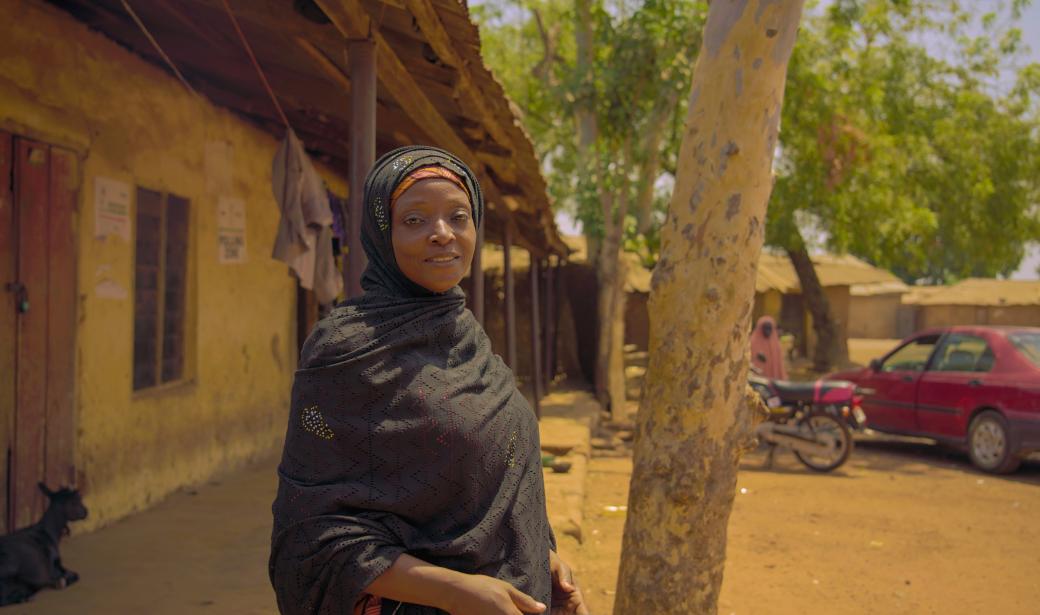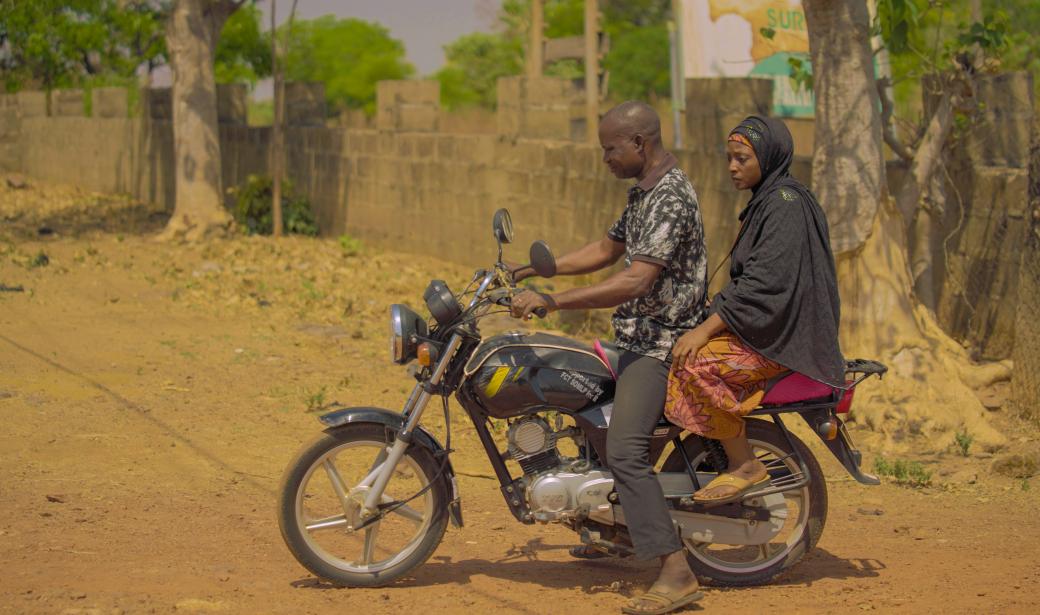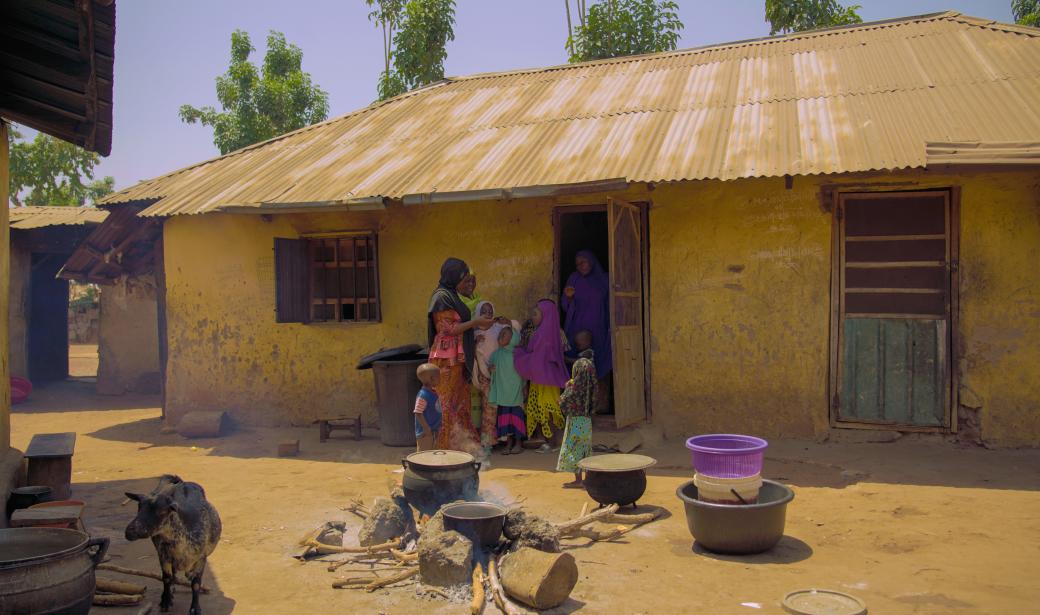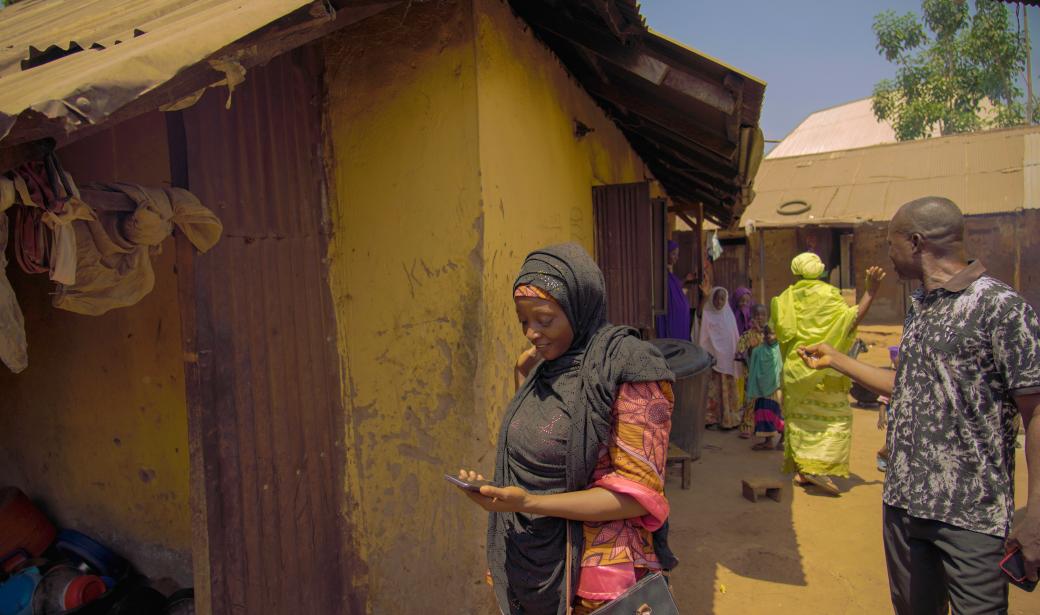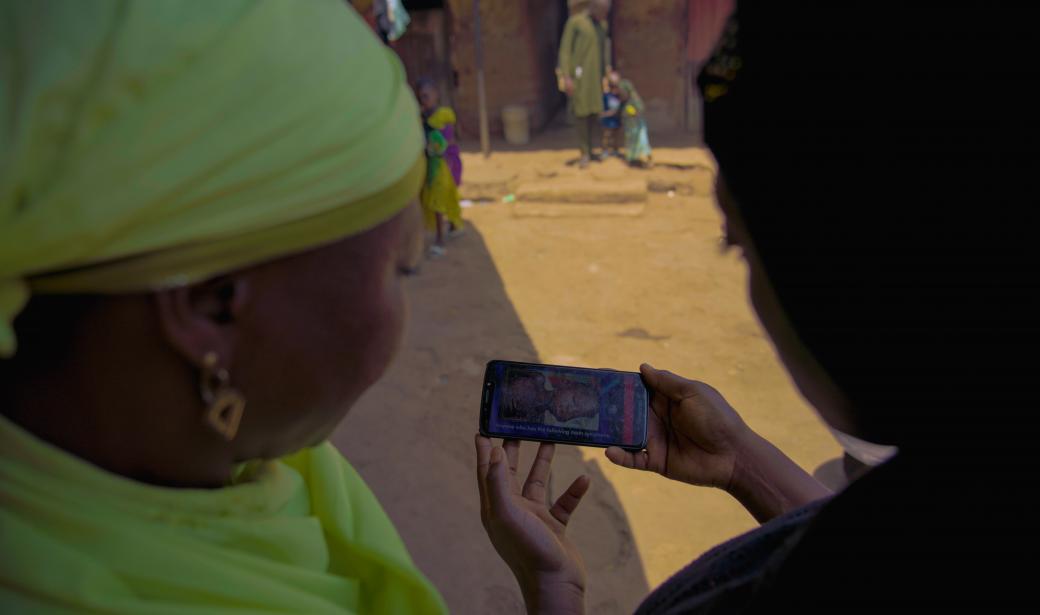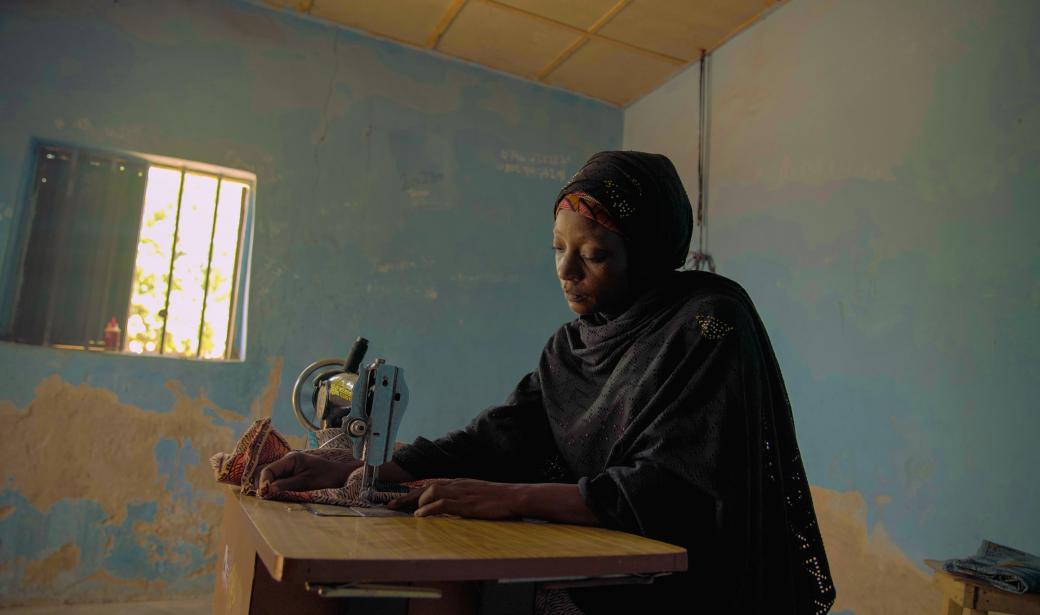Abuja ‒ Despite being declared free of wild polio virus in 2020, Nigeria is experiencing an outbreak of circulating Variant Poliovirus, as well as other vaccine-preventable diseases, including measles, meningitis, cholera, Diphtheria, and Yellow fever.
It is also one of the nine countries in Africa that contributes to 79% of the continent’s zero-dose children, that is, children who have not yet received any dose of a vaccine.
As a result, the government in collaboration with partners like World Health Organization (WHO) has been intensifying surveillance activities to respond to and curb the transmission of these diseases.
In an innovative approach to improving the quality and sensitivity of acute flaccid paralysis surveillance in the country, the government is expanding a technology using a mobile short message service (SMS)-based software that sends automatic case alerts to the appropriate disease surveillance officers in an LGA and state, who in turn investigate it.
The technology, known as Audio-Visual Acute Flaccid Paralysis Detection and Reporting (AVADAR), enables community health workers to detect and report cases on time. It was first successfully piloted in Kuje, Federal Capital Territory, and Ogun, Kwara in 2016. By 2018, the AVADAR system and infrastructure had been deployed in 10 countries in Africa.
“I wanted to be a medical doctor, but could not fulfil the dream due to early marriage,” says. Bilikisu.
Despite a rocky start, Bilikisu did not give up. She returned to school and completed her tertiary education which qualified her to become a community health worker.
Equipped with the AVADAR technology, she is empowered to promptly report suspected life-threatening diseases and to educate other women in her catchment communities with vital health information to keep their families healthy.
Bilikisu goes from door to door, conducting surveillance for acute flaccid paralysis, which is a telltale sign of the infectious childhood disease, polio. If Bilikisu suspects a case, she reports it to the Nigeria Centre for Disease Control and Prevention. She then sensitizes the family and supports contact tracing in the community.
Compared to the traditional surveillance system, AVADAR provides real-time reporting of suspected cases and real-time response to the reports received. AVADAR being a community-driven app helps to gain access to high-risk areas, therefore improving the sensitivity of reporting in those areas.
“I first get to the health Centre to inquire if there are any suspected cases before going into the community,” she explains.
Accompanied by Mr Sule Jelio Tude, the officer-in-charge of the health facility at Rubochi, Mrs Muhammad goes from house to house asking if there are any sick children within the household.
She also sensitizes household members about polio, measles and other diseases, while educating them on what they should do if they suspect someone has the symptoms of any of these diseases.
“The people know we are community health workers and they trust us. We are part of the community, we speak the same language and have worked with them since the polio days.
This has made it easier to visit households and educate people on routine childhood immunization,” explains Bilikisu.
Surveillance activities are an integral part of the polio eradication strategy that requires health workers to promptly report any sudden symptoms of limb paralysis in children under the age of 15 to ensure proper investigation to rule out the transmission of all types of polioviruses in the country.
“People now bring their children to the healthcare center as soon as they notice they are ill,” he says. “They also bring their children for routine immunization and comply with the supplementary immunization activities and health interventions that we conduct in the community.” He says.
“The technology is on our phones. We can use it to take the geolocation of where we are reporting suspected cases,” she says.
“This makes it easier for the investigating officers to pinpoint the exact location of the suspected cases if we are unavailable to follow them to the field.”
With financial support from the Bill and Melinda Gates Foundation, there are 5071 AVADAR health workers and community health workers deployed to 11 states and 62 LGAs to support the surveillance, sensitization and response to acute flaccid paralysis and three other priority diseases ‒Yellow Fever, measles and Cerebrospinal Meningitis. The project also tracks and responds to cases of zero-dose children.
World Health Organization (WHO) supports the government with the coordination of technical assistance and operational support of partners, including national disease surveillance, outbreak responses and routine immunization activities.
“AVADAR is critical for community-based surveillance of any disease outbreak,” says Dr Walter Kazadi Mulombo, WHO Representative in Nigeria. “Community health workers are at the very heart of this response and without their efforts, this digital innovation would simply not work as effectively as it does.”
She maintains that many women with whom she interacts are interested in becoming community health workers. “Empowering women in the health sector will go a long way in disease surveillance, prevention and detection,” she says.
Technical contact:
Mr Korir, Charles; Email: korirc@who.int
Communications Officer
WHO Nigeria
Email: hammanyerok [at] who.int (hammanyerok[at]who[dot]int)



